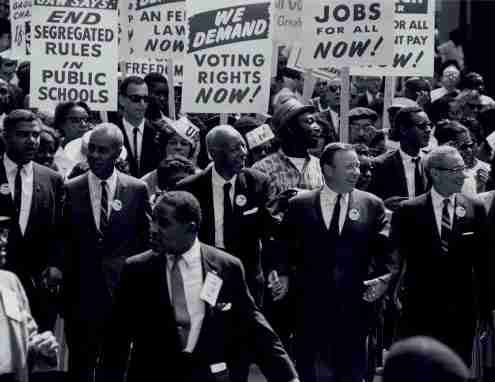Washington, D.C. – The Washington, D.C. Council passed legislation today that will strengthen the District’s Human Rights Act by extending its public accommodations protections to online platforms. This will prohibit online service providers, such as social media platforms, from discriminating in their services and will allow legal action against online harassers who target D.C. residents on the basis of their protected characteristics.
The new law also strengthens the District’s hate crimes protections for LGBTQ persons and gives new antidiscrimination enforcement powers to the D.C. attorney general. Once the new amendments come into effect, it will be illegal under D.C. law for online platforms to deny or degrade service based on the race, gender, religion, sexual orientation, or other protected characteristics of their users. The D.C. law applies to not just intentional discrimination, but also to practices that cause harm disproportionately to a particular group.
The following is a statement from David Brody, who leads the Digital Justice Initiative at the Lawyers’ Committee for Civil Rights Under Law: “When a business posts a sign that says, ‘Whites Only,’ it should not matter whether it is written in ink or pixels.
The discrimination and the harm are the same. The D.C. Council is to be applauded for recognizing that, online or offline, no business should be allowed to engage in discrimination and no one should be allowed to interfere with the equal enjoyment of places of public accommodation. Billion-dollar websites should not have fewer civil rights protections than the corner store. Online threats, harassment and intimidation targeting people of color and other marginalized communities censor and disenfranchise participation in modern online life. We urge the D.C. Council to quickly appropriate the funds needed by the Office of Human Rights to enforce these protections.”
Background:
The legislation, the ‘Bella Evangelista and Tony Hunter Panic Defense Prohibition and Hate Crimes Response Amendment Act of 2020’ (Bill 23-409), amends the D.C. Human Rights Act to ensure the Act’s protections for places of public accommodations apply to online platforms. Public accommodations statutes are a cornerstone of civil rights law and the primary method of ending segregation. The District is the sixth jurisdiction to apply its public accommodations laws to online commerce, and the first to do so via legislation.













No Comment